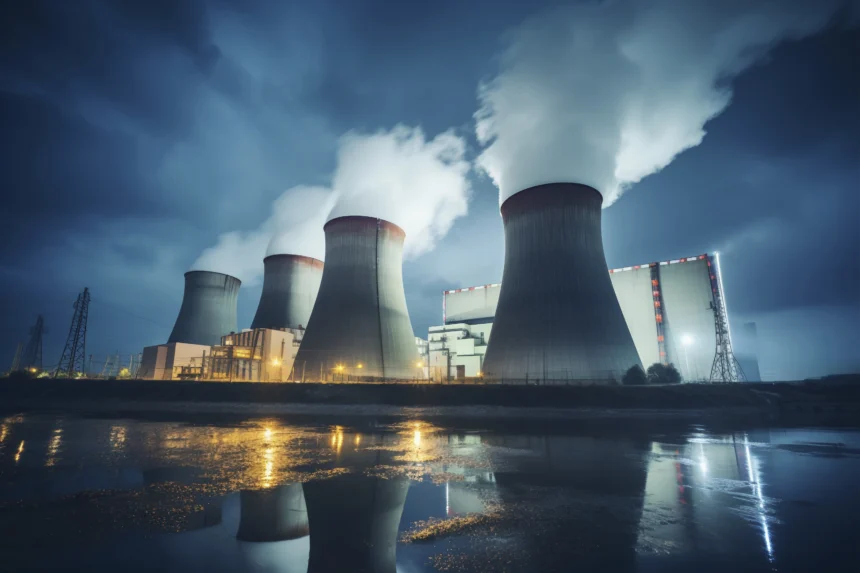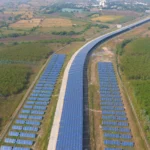North India is set to witness its first nuclear power project in Gorakhpur, Haryana, marking a significant step toward achieving India’s clean energy goals. Union Minister Dr. Jitendra Singh recently reaffirmed the government’s commitment to the Jaitapur Nuclear Power Project and announced the Gorakhpur project as a part of India’s nuclear expansion plan.
Commitment to Clean Energy
The government views nuclear energy as a vital component of its net-zero emissions target by 2070. The Jaitapur project, once completed, will house six nuclear reactors with a total capacity of 10,380 MW, contributing to 10% of India’s nuclear energy target of 100 GW by 2047.
The Gorakhpur Nuclear Power Plant further exemplifies the government’s dedication to clean energy. Dr. Jitendra Singh emphasized that nuclear power remains one of the most reliable and sustainable sources of energy, reducing dependence on fossil fuels and contributing to carbon neutrality.
Addressing Environmental Concerns
Dr. Singh addressed concerns raised regarding the environmental impact of the nuclear projects. He clarified that the environmental clearance for the Jaitapur plant is under renewal, attributing the delay to procedural matters rather than fresh objections.
The Minister assured stakeholders that robust safety protocols are in place to mitigate potential risks. Evidence-based studies have consistently demonstrated that nuclear energy projects, including the Jaitapur plant, pose no significant threat to marine life, fisheries, or nearby communities. He reiterated that previous environmental clearances are a testament to the safety measures implemented by the government.
Navigating Policy and Liability Frameworks
The Minister also addressed concerns about nuclear liability. Under India’s Civil Liability for Nuclear Damage (CLND) framework, operators are held accountable, with an insurance pool of ₹1,500 crore established to ensure financial security. In addition, the government has aligned with global compensation mechanisms to offer further protection.
Private Sector Participation and Economic Growth
In a significant policy shift, the government is promoting private sector participation in nuclear energy projects. This move is expected to accelerate project execution, drive technological innovation, and generate employment. The Gorakhpur Nuclear Power Plant will serve as a model for future projects, contributing to economic growth and energy security.
Conclusion
India’s nuclear energy expansion, including the establishment of the Gorakhpur Nuclear Power Plant and the progress on the Jaitapur Nuclear Power Project, highlights the country’s commitment to sustainable development. With nuclear energy playing a crucial role in reducing emissions, India is poised to emerge as a global leader in clean energy innovation.
Stay tuned for more updates on India’s nuclear energy journey and its strides toward a greener, more sustainable future.












